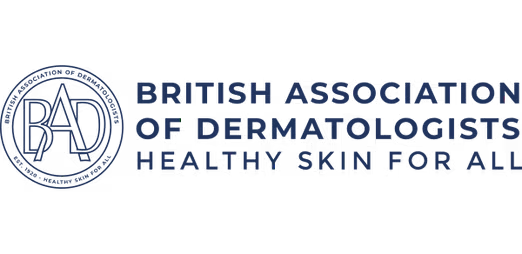
Chemical peels are a popular cosmetic treatment designed to rejuvenate the skin, tackling issues such as fine lines, uneven texture, and pigmentation. While the results can be transformative, proper aftercare is essential to ensure a smooth healing process and optimal outcomes. If you’ve recently undergone a chemical peel at Manchester Dermatology Clinic, here’s a comprehensive guide to the aftercare steps you should take during your healing journey.
- Keep Your Skin Clean and Hydrated
- What to do: Cleanse your face twice daily with lukewarm water and a mild cleanser.
- Why: This helps to remove impurities without further irritating the skin, promoting a healthier healing environment.
- Avoid Sun Exposure
- What to do: Stay indoors during peak sunlight hours (10 AM to 4 PM) and wear a wide-brimmed hat if you must go outside.
- Why: Protecting your skin from the sun helps to prevent damage and ensures an even skin tone as you heal.
- Do Not Pick or Peel the Skin
- What to do: Resist the urge to touch or pick at your skin. Let the peeling process occur naturally.
- Why: Allowing your skin to shed on its own ensures a more even exfoliation and reduces the risk of complications.
- Moisturise Regularly
- What to do: Apply a gentle, hydrating moisturiser after cleansing and as needed throughout the day.
- Why: Moisturising helps to lock in hydration and reduce the appearance of dryness and tightness.
- Avoid Strenuous Exercise
- What to do: Opt for light activities, such as walking, if you feel up to it, but avoid anything too intense.
- Why: Keeping your skin free from excess sweat and friction during the initial healing phase supports a smoother recovery.
- Be Cautious with Makeup
- What to do: Wait at least 48 hours before applying makeup, and use clean brushes or sponges to minimise the risk of irritation.
- Why: Allowing your skin to breathe and recover without makeup will help avoid any additional irritation.
- Follow Your Dermatologist’s Instructions
- What to do: Keep your follow-up appointments and communicate any concerns you may have during the healing process.
- Why: Regular check-ins with your dermatologist will help monitor your recovery and address any issues promptly.







